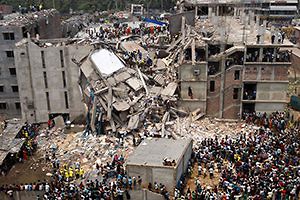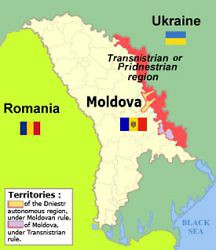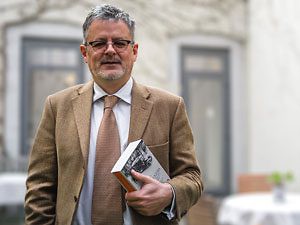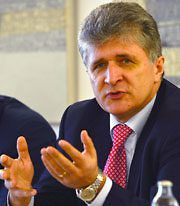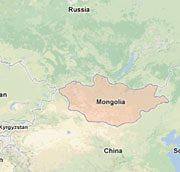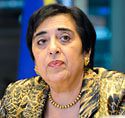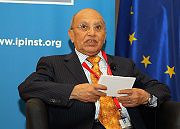A conversation with Nassim Nicholas Taleb about the concepts of risk, resilience, volatility, and their meaning for international relations.
Author: Walter Kemp
-
-
Walter Kemp finds five possible outcomes when examining the question of Moldova’s process of integrating with Europe and reintegrating with Transdniestria.
-
The author of The Sleepwalkers: How Europe Went to War in 1914 urges today’s leaders to think hard about 1914 and the decisions that led up to the outbreak of the First World War.
-
Challenges in Central Asia heighten as the region grows in strategic importance.
-
Because of a change in their fortunes, Central Asian countries are now signalling that great powers need to play by local rules to get what they want.
-
Mongolia’s full participation in the OSCE has benefits for both the country and the organization.
-
A new book by Kimberly Marten includes case studies that show possible ways to deal with these nasty characters.
-
The minister discusses the challenges Cyprus faces as president of the Council of the EU, and the state of affairs of the conflict in the north.
-
The Olympic truce–the ceasing of hostilities during the Games–has already been broken. Is there hope it can be preserved?
-
Mr. Al-Eryani discusses the transition process in Yemen; regional dynamics since the uprisings; al-Qaeda in Yemen; and what to do about Syria.
